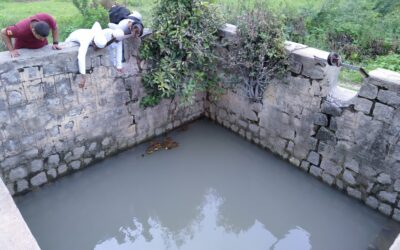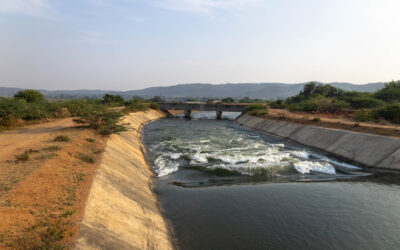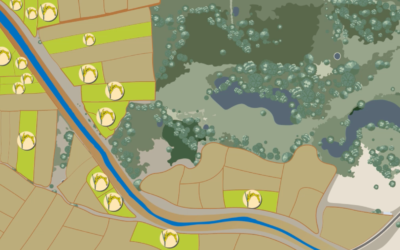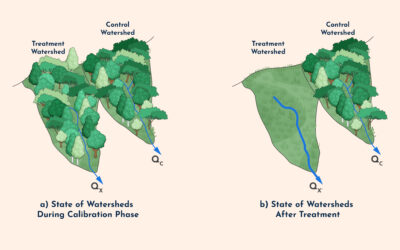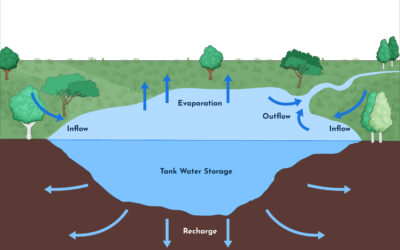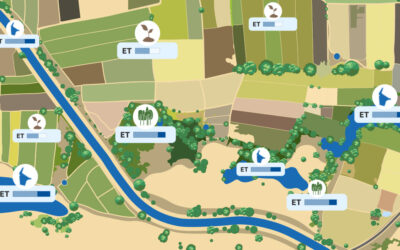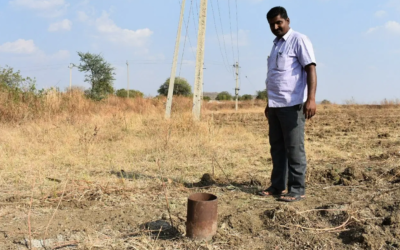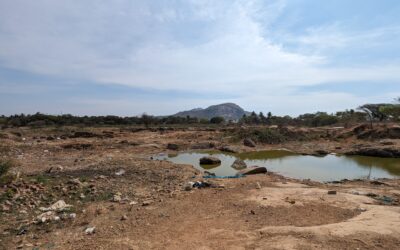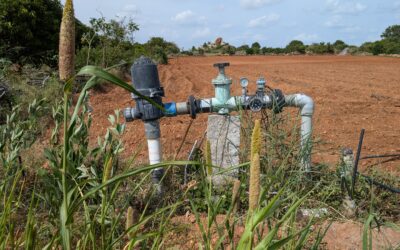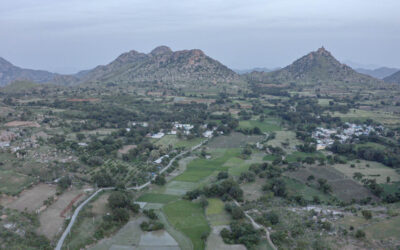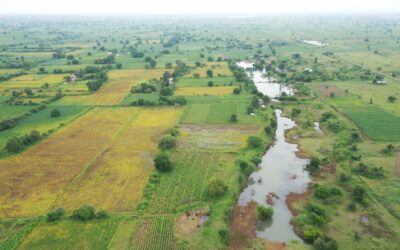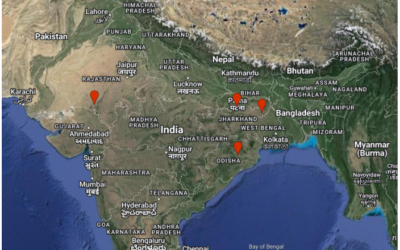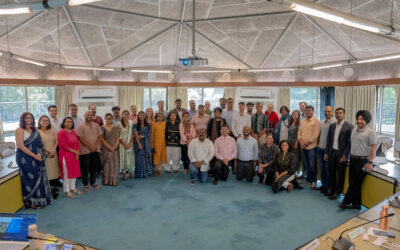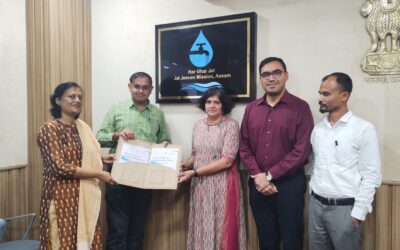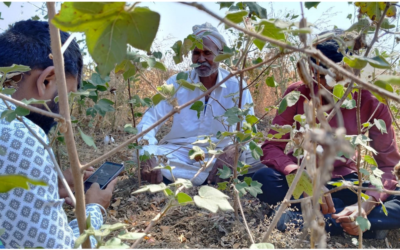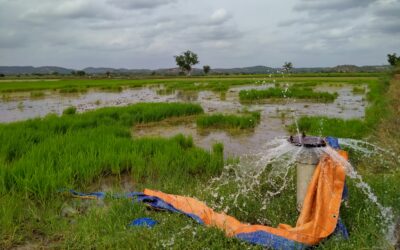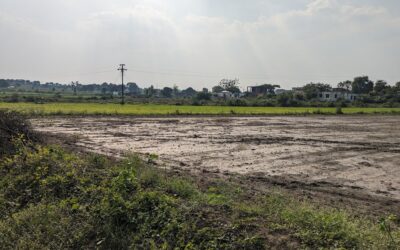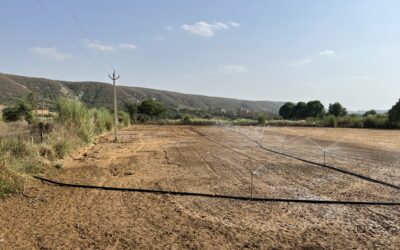This learning note explores the need for a framework like WISER (Water Index for Sustainability, Equity, and Resilience)—a science-based approach to tracking and enhancing water security in India. WISER leverages data, remote sensing, and stakeholder engagement to support evidence-based, equitable, and sustainable water management.
Blogs
Urban Water Programme
Rural Futures Programme
Products and Platforms
Community and Outreach
Phase 1 Results of the Water Index for Sustainability, Equity, and Resilience (WISER) Framework
WISER (Water Index for Sustainability, Equity, and Resilience) is a science-based framework to track and improve water security across India. It leverages data, remote sensing, and stakeholder inputs to enable evidence-based, equitable, and sustainable water management. This study showcases the results of the initiative’s first phase.
Scientists Raise Alarm as Rural Water Supply Goes from Depths to Debt
Published in Mongabay India
Jaltol: A Quasi-Experimental Approach to Evaluating Watershed Interventions
Jaltol is a web app that helps evaluate the impact of watershed programmes on both water access and economic prosperity
Paired Watershed Studies: Evaluating the Impact of Watershed Management Interventions
A paired watershed study is a research method that compares two neighbouring watersheds over an extended period to understand how changes in land and watershed management affect hydrological parameters
Staff Gauge: A Guide to Measuring Aquifer Recharge through the Water Balance Method
There is considerable spatial heterogeneity in rainfall patterns in India. This makes the staff gauge method especially useful as it can be easily applied to multiple water storage structures.
Monitoring, Evaluation, and Learning (MEL) Toolbox
An overview of hydrological assessment tools for better monitoring, evaluation, and learning in watershed management
Dead Borewells Foretell Tales of Water Insecurity on Bengaluru Outskirts
Published in Deccan Herald
Chasing the Water Table: The Impact of Groundwater Depletion on Rural Drinking Water Supply in Peninsular India
Published in PLOS Water
Hits and Misses: Water-based Climate Adaptation Interventions for Agriculture
Effective adaptation to climate change is essential in agriculture, this study highlights critical successes and overlooked gaps.
Addressing Depletion in Alluvial Aquifers
Why Context Matters in Participatory Groundwater Management
Transforming Rainfed Agriculture with Groundwater Collectivisation
WELL Labs and Environmental Defense Fund are assessing a groundwater collectivisation programme designed to promote equitable and resilient management of shared water resources.
Can Recharge Pits Address Waterlogging and Drought in Marathwada? | Initial Insights
Recharge pits aim to tackle waterlogging and groundwater recharge in Jalna’s black soil regions, but design improvements are critical for sustained impact.
Enhancing Water Security in Rural India with Digital Tools: Insights from Field Testing
As climate change exacerbates water scarcity in India, integrating digital tools with participatory community planning becomes essential.
Transforming Monitoring, Evaluation, and Learning in the Water Sector: Lessons from the MEL Roundtable
At the MEL Roundtable experts discussed how monitoring, evaluation, and learning practices can transform water security efforts in India.
WELL Labs Signs MoU with Jal Jeevan Mission Assam
Published in The Shillong Times
Monitoring and Evaluation of Recharge Pits in Marathwada (Part 1)
WELL Labs and EDF conducted a monitoring, evaluation, and learning (MEL) study to assess the impact of recharge pits on groundwater recharge and waterlogging mitigation in the basaltic region of Maharashtra.
Rural Water and Sanitation in India: Emerging Challenges and Livelihood Opportunities
This report is a rapid literature survey of the rural water and sanitation landscape of India. It aims to converge on identifying the choke points and key issues in rural WASH systems and understand what specific measures are needed to support frontline workers who contribute to better WASH outcomes.
Why Jalna’s Wells Run Dry: Understanding Water and Soil in Drought-Prone Maharashtra
WELL Labs has partnered with the Environmental Defense Fund to scientifically evaluate Jaltara, a water-saving intervention developed by the Save Groundwater Foundation in Maharashtra’s Jalna district. In this blog, we explain how soil, water and cropping patterns are linked.
Jaltol and Johads: Tracking the Impact of Watershed Management in Rajasthan
Ahead of the Data for Water Security Hackathon, we put together this use case to help demonstrate how Jaltol could potentially be used to more accurately measure how water management efforts by Tarun Bharat Sangh is impacting the region.

